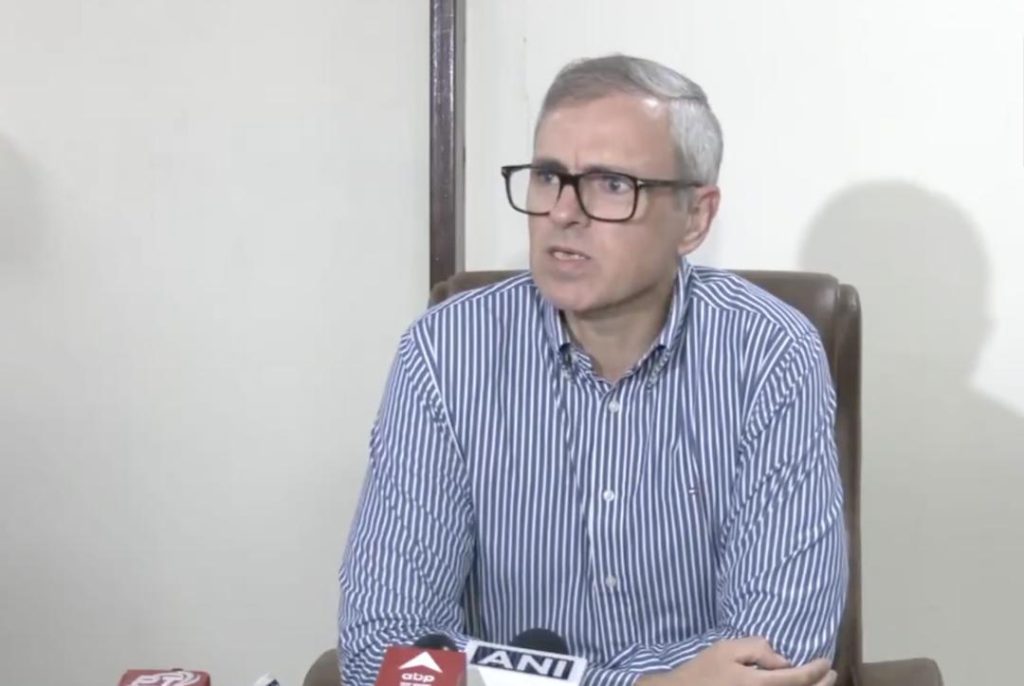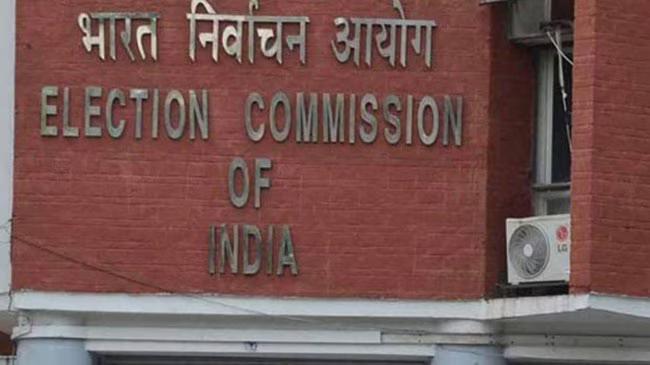
Title: Why should I send water to Punjab?: J&K CM on canal proposal
The 113 km-long canal proposal, aimed at redirecting surplus water from three western rivers of the Indus system in Jammu and Kashmir to Punjab, Haryana, and Rajasthan, has sparked a heated debate in the region. Jammu and Kashmir Chief Minister Omar Abdullah recently voiced his concerns over the proposal, questioning the necessity of sending water to Punjab, a state that already has a significant share of water under the Indus Waters Treaty. In this blog post, we will delve into the controversy surrounding the canal proposal and explore the reasons behind the CM’s skepticism.
The Indus Waters Treaty, signed in 1960 between India and Pakistan, allocated the waters of the Indus River system between the two countries. According to the treaty, Pakistan was entitled to 80% of the water from the western rivers, while India was allocated 20%. Punjab, being a major agricultural state, has been a significant beneficiary of the Indus Waters Treaty, with a significant portion of the allocated water flowing through its borders.
The proposed canal, which is expected to divert surplus water from the western rivers, has been touted as a solution to address the water scarcity concerns in Punjab, Haryana, and Rajasthan. However, Jammu and Kashmir CM Omar Abdullah has expressed his reservations over the proposal, citing the need to prioritize the water needs of his own state. In an interview, the CM questioned the logic behind sending water to Punjab when it already has a significant share of the Indus Waters Treaty.
“Why should I send water to Punjab?” the CM asked. “Punjab already had water under the Indus Waters Treaty. Did they give us water when we needed it?” This statement reflects the deep-seated mistrust and resentment that has been brewing in Jammu and Kashmir over the decades. The state has historically been at the receiving end of the Indus Waters Treaty, with a significant portion of its water being diverted to Punjab and other states.
The CM’s concerns are not unfounded. Jammu and Kashmir faces a severe water crisis, with many areas struggling to access clean drinking water. The state’s water resources are already overstretched, with the majority of its rivers and streams being dried up. The diversion of surplus water from the western rivers to other states would only exacerbate the crisis, leaving Jammu and Kashmir with even fewer options.
Moreover, the proposed canal would require significant investments and resources, which could be better utilized in addressing the water needs of Jammu and Kashmir. The state is already grappling with the aftermath of the devastating floods in 2014, which damaged vast tracts of agricultural land and left many families displaced. Redirecting water to other states would only add to the state’s woes, while doing little to address its own water scarcity concerns.
The controversy surrounding the canal proposal has also highlighted the need for a more inclusive and equitable approach to water management in the region. The Indus Waters Treaty, which was signed in 1960, is outdated and no longer reflects the changed circumstances of the region. The treaty was signed at a time when the region was divided, and the interests of Jammu and Kashmir were not adequately represented.
In recent years, there have been several attempts to renegotiate the treaty, but so far, no significant progress has been made. The proposed canal proposal is a clear indication that the treaty is no longer functional, and a new approach is needed to address the water needs of the region. The controversy surrounding the canal proposal is an opportunity for the governments of India and Pakistan to come together and negotiate a new treaty that takes into account the changing circumstances of the region.
In conclusion, the proposed canal proposal to redirect surplus water from the western rivers of the Indus system in Jammu and Kashmir to Punjab, Haryana, and Rajasthan has sparked a heated debate in the region. Jammu and Kashmir CM Omar Abdullah has questioned the necessity of sending water to Punjab, citing the need to prioritize the water needs of his own state. The controversy surrounding the proposal highlights the need for a more inclusive and equitable approach to water management in the region, as well as the need to renegotiate the outdated Indus Waters Treaty.
Sources:






